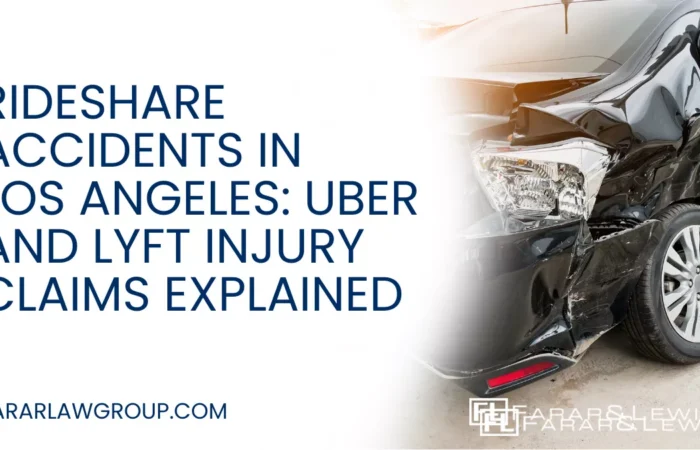When you are injured, it is important to determine the cause of the accident. While the law typically protects you in such cases, especially when you are not at fault, there can be particular complications in the case of negligence or recklessness. At the same time, these two legal terms appear to be often confused so it is important to set the record the straight. In brief, there is a difference between someone or an organization being negligent in the cause of the action and them actually being determined to be reckless in the same regard. Continue reading to learn the difference between the two and how the explanation could potentially impact your particular case.
The Two Concepts Explained
To begin, let us first be clear that negligence and recklessness are certainly two related legal terms. At the same time, each is distinct in their own way and requires a different interpretation under the law. In order to prove that negligence is present, one must be able to sufficiently demonstrate that the other party failed in their duty to exercise a certain standard that is up to a level of care that is generally acceptable given the situation. Recklessness is often more difficult to prove because the other party must be proven to have been in a particular state of mind at the very time of the accident. In other words, negligence can be viewed as a mistake that is still punishable under the law, while recklessness is often treated by the law as some type of intentional behavior.
Instances of Civil Negligence
The law deems negligence to be the cause of a certain action that involves one person not taking adequate measures to avoid the physical, emotional, or financial harm of another person. It is one thing to make the claim of civil negligence, but it is another thing entirely to actually prove it. In to prove it, a violate of the duty of care must be illustrated, which requires proving four basic concepts. They are:
The other party had a legal obligation to live up to a certain standard of care
The other party breached this duty of care in some way
This breach by the other party directly caused the injuries that resulted in the lawsuit
The party that is suing suffered recognizable and quantifiable damages
For civil negligence to be proven, the lawyer will need to demonstrate that each of the four elements just mentioned was present beyond a shadow of a doubt. If you are injured, it is up to you to be able to demonstrate this cause.
Instances of Criminal Negligence
Individual states also permit an individual to be criminally charged for negligence. This can occur when the person is know to engage in some type of risky behavior that leads to a breach of duty in exercising a certain standard of care. One commonly cited example of this is a person that is accused and subsequently convicted of drinking and driving. Any person who is legally drunk is also reasonably expected to understand that driving in such a condition is a risky behavior that can lead to the direct harm of others.
Cases of Recklessness
Recklessness is basically a state of mind on the part of one party in causing injury or harm to another. This must be proven in order to be awarded any type of financial damages. Punitive damages are often awarded in such cases. This is an amount determined by judge or jury that is over and above the actual damages that the other party will be obligated to pay if they are found to be guilty of recklessness. If you feel that your injuries were caused by the recklessness of another party, you will need to prove that the individual understood the risk associated with his or behavior and that they willingly continued with the action regardless.
If you have been injured as the result of negligence or recklessness, contact our law office for a free consultation. You can show us your case and we will be happy to advise on the best course of legal action available to you at this time.


